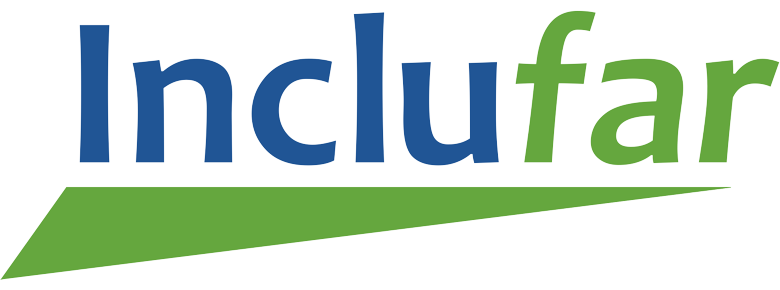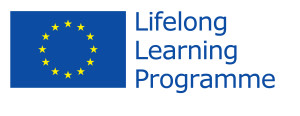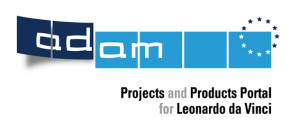Project
INCLUFAR – Inclusive Farming
In August 2013 the European Commission signed the committment letter for the project “INCLUFAR – Inclusive Farming – Transfer of concepts, experiences, skills and training tools for Social Farming and eco-social inclusion”. The farm community Weide-Hardebek is the lead partner of the project.
In Weide-Hardek, nearby the city of Hamburg, live and work at four different locations 120 persons, 64 of them with special needs. Agriculture, horticulture, bakery, construction, carpentry, packing, household, farm shop, café and administration offer Inclusive working places.
The community is a member of institutions witch work since more than 30 years on the inclusion of organic farming and anthroposophical social therapy. Not only the day-to-day business but also the future development of agriculture, social work and development of rural areas are matters of concern. Consequently, Hartwig Ehlers, one of the founders of Weide-Hardebek, started already 15 years ago to develop an additional vocational education concept. The FAMIT-curriculum to qualify for an “Expert for social farming and inclusion” exists since 2004 as an additional social therapeutic education prospect, recognised by authorities of the federal state of Schleswig Holstein, Germany. This vocational education concept is also the core of the EU-project INCLUFAR. Additionally the project makes use of experiences gathered with the “Baltic Seminar”, which is tailored to qualify staff in Nordic countries including Russia. Since October 2013 altogether ten project partners from Germany, Austria, Finland, Norway, Netherlands, Bulgaria, Turkey, and Estonia co-operate strongly for two years. „Transfer of Innovations“ is the hub within the funding scheme of the EU-programme Leonardo da Vinci. Experiences made with persons with special needs and with their work in social farming and with nature shall be adopted to the specific agricultural and social settings in countries which gathered little or no such kind of experiences at all. The aim is the exchange of experiences when developing appropriate working structures and educational materials to create a working basis for the development of social farming. By this it shall be possible to advance the UN convention concerning people with special needs. The base are experiences with bio-dynamic farming and anthroposophical curative education and social therapy. Suggestions from the “village conference” of Karl König, the founder of the Camphill movement, are included particularly the basics of inclusion of people with special needs into agricultural living and working communities.
The project shall deliver following materials and activities:
Best Practise Handbook “Training for INCUFAR”
Adapted INCLUFAR Curriculum framework
Occupational profile “Expert for inclusive farming and rural development”
Presentations and workshops for experts and the public
All activities shall be accompanied by a quality development process. The approach of the quality development process described in “Ways to quality” will serve as process and structure support.
The project was initiated by Hartwig Ehlers, Ulrike Laubach, Klaus Merckens, Dr. Thomas van Elsen, Dr. Winfried Schäfer und Dr. Gerhard Herz. The financial support of the project appreciates the proved practice of social farming for many years and the efforts for further education within the frame of FAMIT which was realised in Germany only in the federal state of Schleswig Holstein up to now. The project offers the opportunity to bring the practice, the training and education work as well as the ideas behind into European public. Another objective is to foster the European networking in the area of inclusive social farming.


